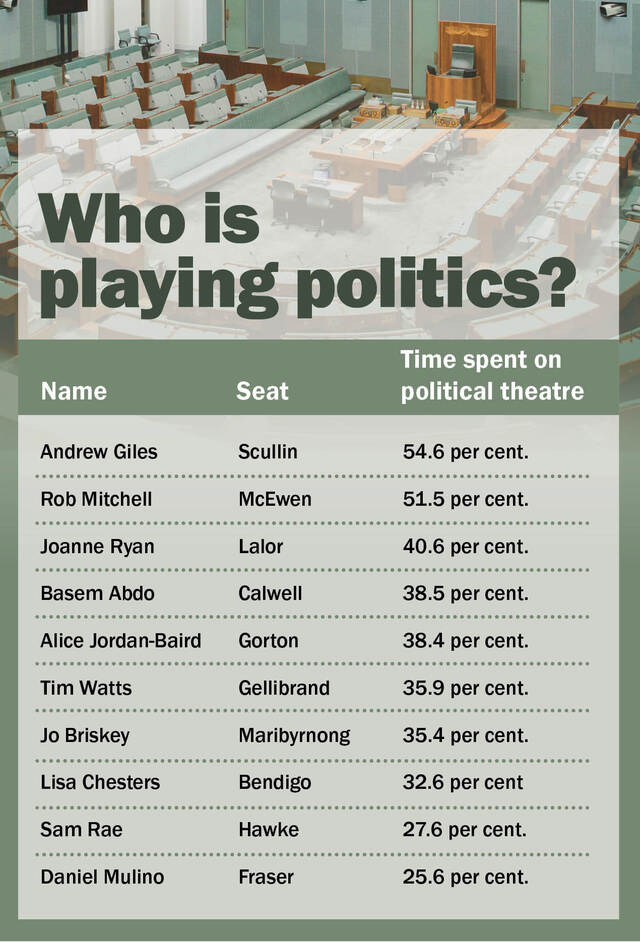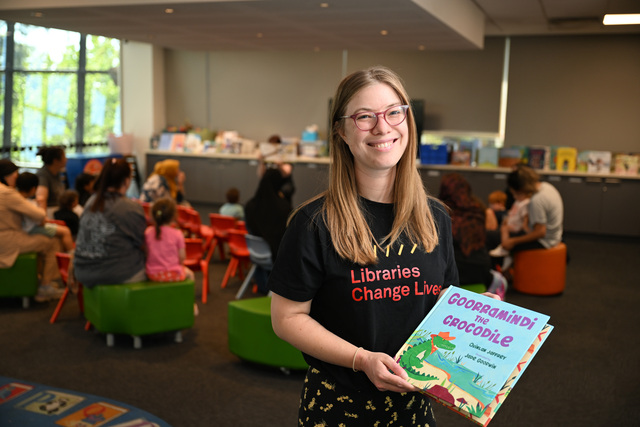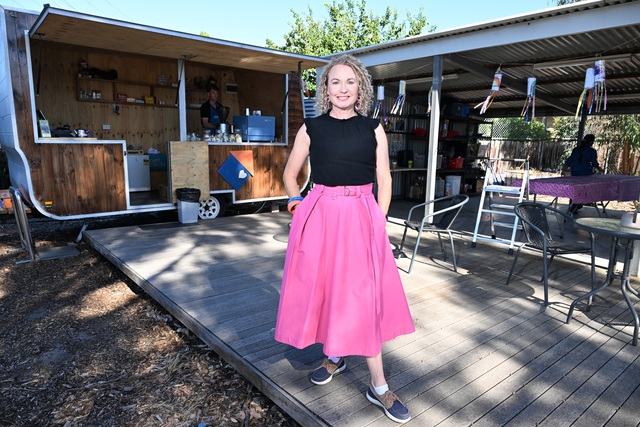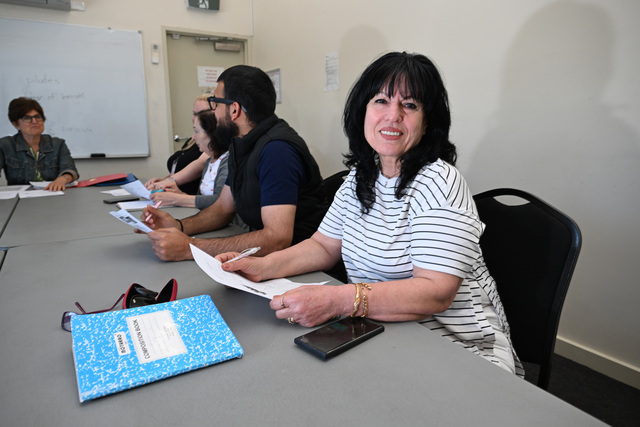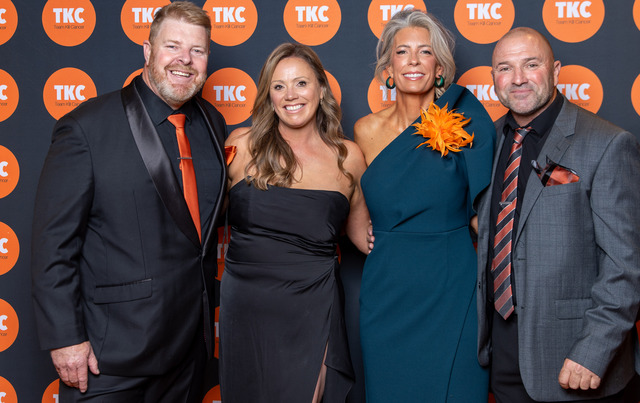Giving students a voice in an environment that reflects the growing identity and values of their group is crucial if they are to successfully navigate the middle years.
Education expert and Early Life Foundations founder Kathy Walker says the interests of children in grade 5 to year 8 should be part of their learning. While responsibility should be encouraged, Walker urges schools to use intrinsic strategies that increase enjoyment rather than extrinsic rewards and punishment.
Walker says schools should also foster relationships. “Ensure they have a home group every day for relationships,” she says. “Don’t get so carried away with the fancy technology that we forget that the essence of being a human is relationships and effective communication.”
Children in this age group (10-15) develop significantly in relation to their identity, values and peer relationships. Their brains and bodies are developing and they become more aware of their own world compared to that of their peers and other families.
“They are influenced by hormones, by culture, by social media,” Walker says. “They are exposed these days much earlier to a range of influences that are sometimes beyond their own emotional maturity. It is a huge stage of the lifespan.”
This all creates challenges for schools, particularly considering the wide variation in individuals both physically and emotionally.
“Some … are still like young children, just moving out of their early childhood years,” Walker says. “Some children are already in early adolescence.
“An astute awareness and deep level of understanding about this range of development and maturity, and the complexity of influences and vulnerabilities is required by parents and particularly by teachers as children move across these middle years.”
Walker believes schools should create a fluid, smooth and consistent approach in teaching, learning, well-being and culture across the middle years. She says good schools are using a range of innovative methods to deal with this important period. They include prep-to-year 12 schools grouping students in years such as 5 to 7 in ways that allow them to interact and support each other, such as multi-level home groups or “buddy” systems across year groups.
Resilience is also key. By the time they reach grade 5, Walker says children should be aware that they will win and lose at school and in life. “Schools need to enhance practical ways of building real independence from prep onwards in real everyday ways, not just through ‘you can do it’ resilience programs. Kids need much more independence and interdependence once they reach the middle years.” As well as specific literacy and numeracy skills, Walker says this age group needs to be taught resilience, problem solving, creativity, lateral thought in decision-making, working alongside others, thinking about others and world events and self-regulation.
Today’s middle-years students are digital natives, but Walker says their techno skills and access far exceed their emotional and social maturity, creating a challenge for parents and schools. “Just because you can post something on Facebook doesn’t mean you have the emotional maturity or discernment to know how to handle it,” she says.
Good parenting is crucial in this age group.
“Children of all ages require limits, boundaries, consistency, reliability, fairness but firmness and strong relationships and clear communication between themselves and their parents. Technology definitely needs to be monitored and discussed with the kids so they can share in the rules that are made.”



